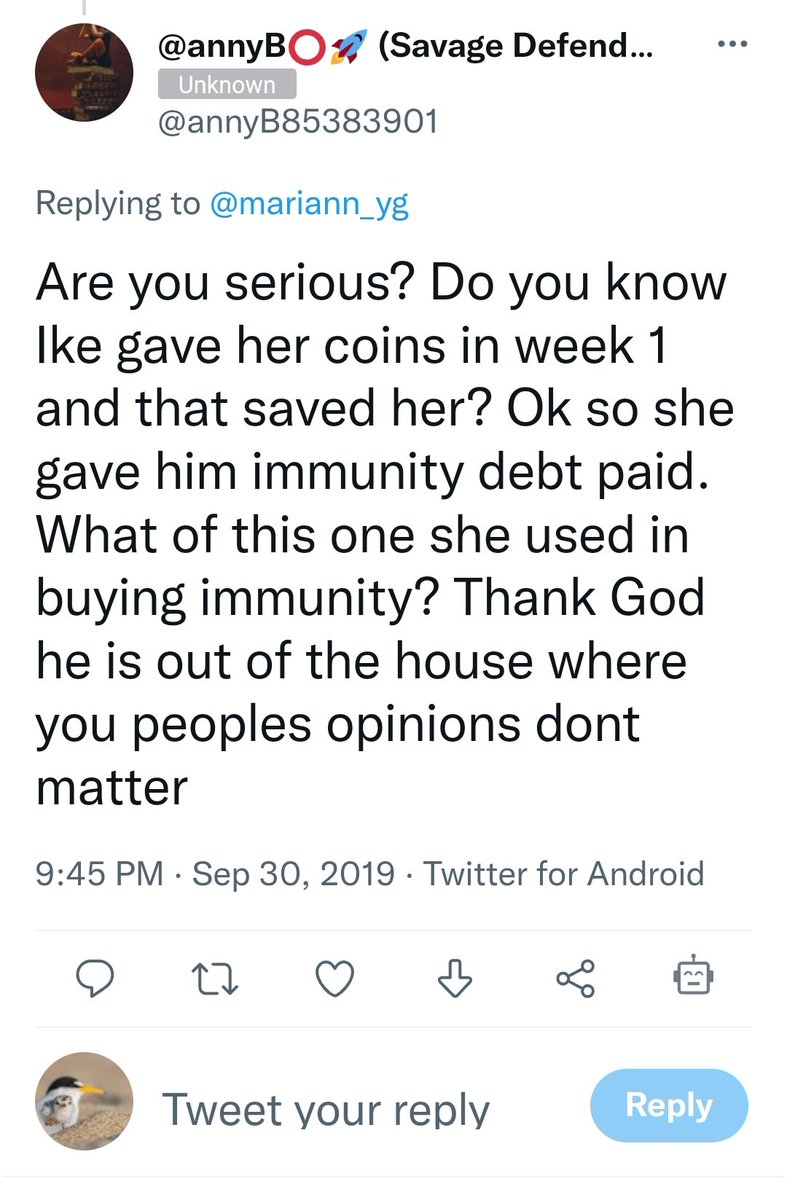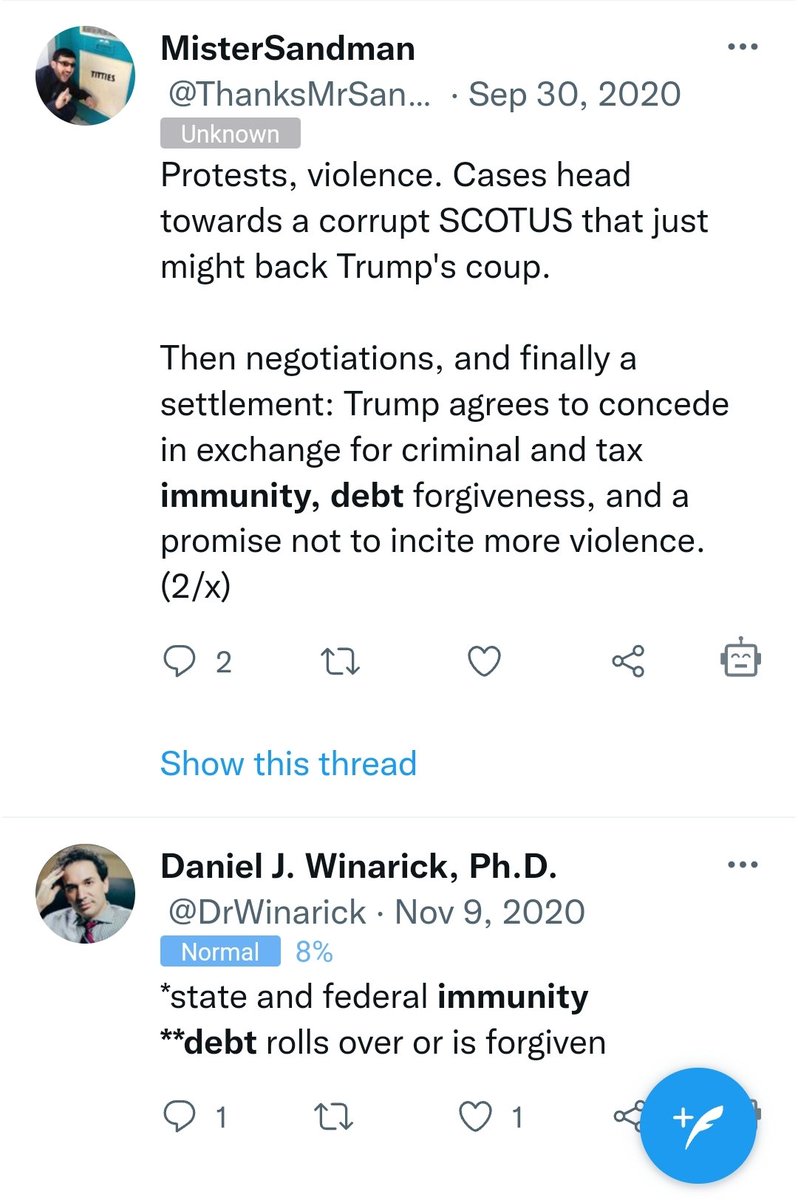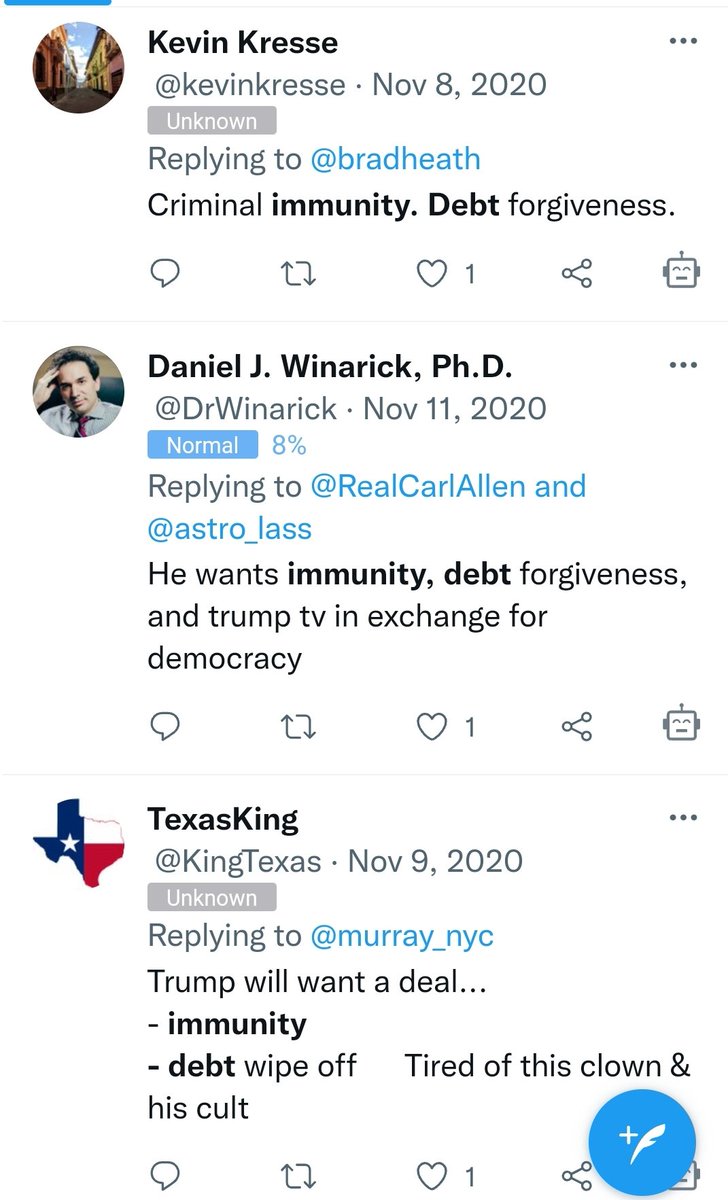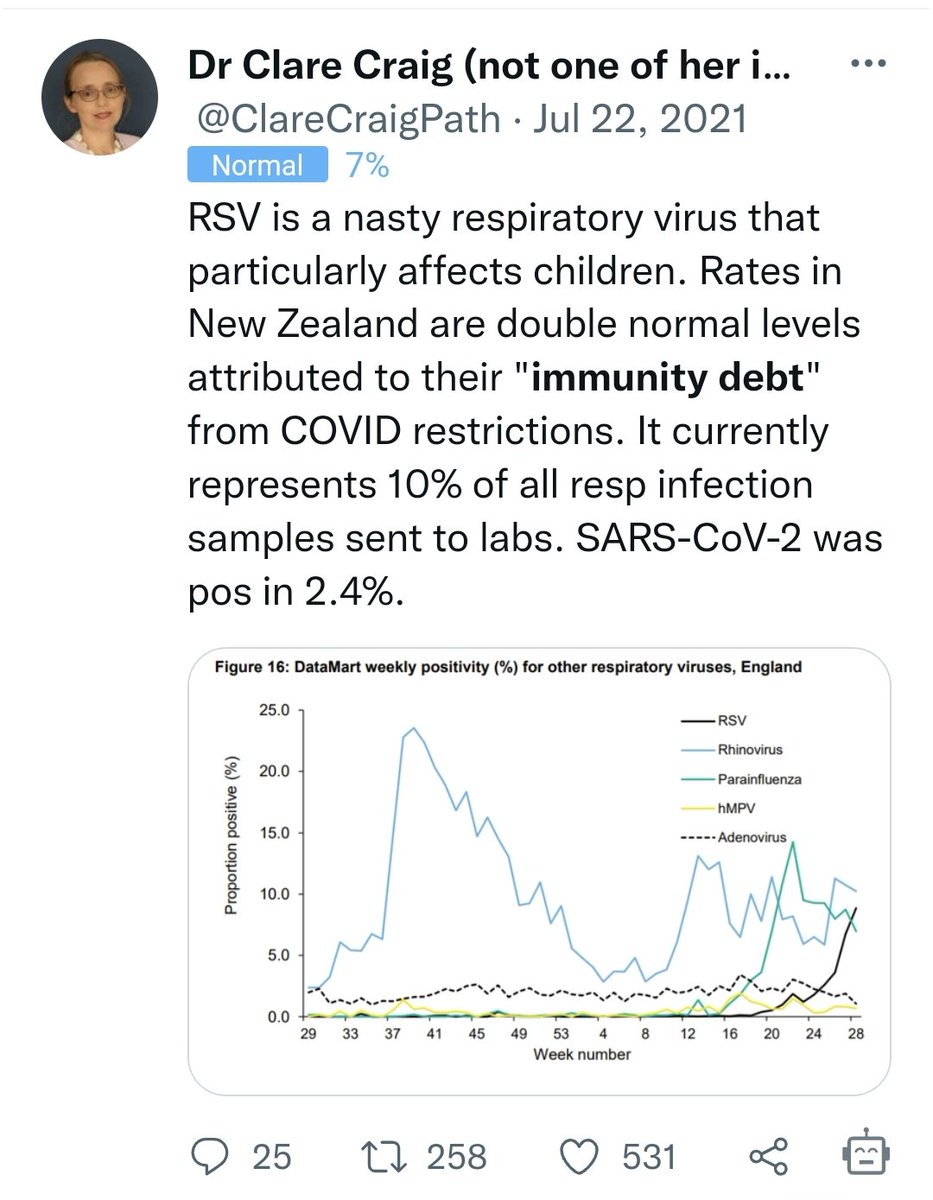
Someone messaged me a couple of days ago saying that I must be a doctor, and it made me think a bit about who I am.
I'm a priest who listens and reads and pays attention.
I'm a priest who listens and reads and pays attention.
I've got no credentials in epidemiology, immunology, psychology, physiology, medicine, sociology, or anything that might immediately seem relevant to a pandemic.
So what do I offer?
So what do I offer?
My academic training is in source analysis and criticism.
From a literary angle, from a historical angle, from a theological angle.
From a literary angle, from a historical angle, from a theological angle.
Starting with the historical angle...
When you study history properly, it's all about the sources of information.
Which is reliable?
Who is reliable?
What is reliability?
What are the motives?
What are the biases?
Why are they writing?
Who are they writing for?
When you study history properly, it's all about the sources of information.
Which is reliable?
Who is reliable?
What is reliability?
What are the motives?
What are the biases?
Why are they writing?
Who are they writing for?
What are they leaving in?
What are they leaving out?
What can we infer from what's in and what's out?
Are there people who can back this up?
What happened to the people who lost this argument/war?
Why did this account survive?
What are they leaving out?
What can we infer from what's in and what's out?
Are there people who can back this up?
What happened to the people who lost this argument/war?
Why did this account survive?
What are they getting out of writing it?
Who likes what they are writing?
Who is using what they are writing?
The questions like these are endless.
Who likes what they are writing?
Who is using what they are writing?
The questions like these are endless.
The literary angle adds in another layer.
Fiction is imaginary truth, but what genuine truths are on display in the imagined world?
What does it tell you about our world?
What does it tell you about the author?
What does it tell you about the audience of the fiction?
Fiction is imaginary truth, but what genuine truths are on display in the imagined world?
What does it tell you about our world?
What does it tell you about the author?
What does it tell you about the audience of the fiction?
The theological bit layers belief into it.
What does this source tell us about what someone believes?
What does it say about what they hope for?
And again, who is using what they're writing?
Why do people believe it?
Why do people disbelieve it?
What does this source tell us about what someone believes?
What does it say about what they hope for?
And again, who is using what they're writing?
Why do people believe it?
Why do people disbelieve it?
Again, there are endless questions like this.
You can get a bit sidetracked by the endlessness of the questions, and there's a whole foucault/derrida/saussure ox bow lake of thought on the question of whether there is any meaning in communication at all.
But that's a red herring.
Because the basic principle questions work in any context:
You can read a study about hybrid immunity and ask:
"What does it tell me about the author?"
Because the basic principle questions work in any context:
You can read a study about hybrid immunity and ask:
"What does it tell me about the author?"
You can read a tweet about immunity debt and ask:
"Why would someone want to believe this?"
"Why would someone want to believe this?"
You can watch a youtube video about vaccines causing genocide and ask:
"What does this tell me about this youtuber?"
"Why would anyone believe this?"
"Who is using this for their own ends?"
"Is the author reliable?"
"What does this tell me about their audience?"
"What does this tell me about this youtuber?"
"Why would anyone believe this?"
"Who is using this for their own ends?"
"Is the author reliable?"
"What does this tell me about their audience?"
Are you getting the picture?
Those are the skills I'm trained in.
Those are the skills I'm trained in.
And I apply them to every tweet I read, which is why I pull people up when they share a quote supposedly from Eleanor Roosevelt or Winston Churchill.
I apply them to the news stories about how the pandemic is now over.
I apply them to the news stories about how the pandemic is now over.
I apply them to replies from jon32409390342 with 1 follower saying that I'm a bedwetter.
I apply them to the research that I read.
I apply them to the data.
I apply them to the headlines.
I apply them to the interviews.
I apply them to the data.
I apply them to the headlines.
I apply them to the interviews.
I don't ever stop doing this.
Maybe it's an undiagnosed personality disorder.
You may have your thing, and this is mine.
Maybe it's an undiagnosed personality disorder.
You may have your thing, and this is mine.
Having worked in those three areas of
Fiction
History
Belief
I think I've developed a reasonable ability to determine which genre people are communicating in.
Some think they're communicating science when they're actually communicating belief.
Fiction
History
Belief
I think I've developed a reasonable ability to determine which genre people are communicating in.
Some think they're communicating science when they're actually communicating belief.
Some would like to think they're communicating history when it's obviously fiction.
Twitter is a perfect playground for me. 😂
What biases do I have?
I'll tell you the one that I wear on my sleeve:
I care about the vulnerable.
If you don't care about the vulnerable, then instantly my alarms all go off.
I'll tell you the one that I wear on my sleeve:
I care about the vulnerable.
If you don't care about the vulnerable, then instantly my alarms all go off.
One other bias is that I despise willful stupidity.
So maybe I blind myself to my own errors.
So maybe I blind myself to my own errors.
The problem with being able to be startlingly right is that you might have an overdeveloped sense of trust in your own ability.
I will happily say as always that I hope I'm wrong about what's coming this winter and into the next few years.
I will happily say as always that I hope I'm wrong about what's coming this winter and into the next few years.
https://twitter.com/1goodtern/status/1500023421643759619?s=20&t=1dKMMYUAlwwF7ISWSYJpyA
So that's me, tern.
Drifting over the ocean, watching out for fish.
Drifting over the ocean, watching out for fish.
One other bias:
I believe there's more to this world than meets the eye.
I believe there's more to this world than meets the eye.
Oo!
Someone just reminded me about credentials.
Do you know what good historians think about credentials?
They treat them as just one more piece of data, and they interrogate them the same way as every other source, the same questions.
Someone just reminded me about credentials.
Do you know what good historians think about credentials?
They treat them as just one more piece of data, and they interrogate them the same way as every other source, the same questions.
Credentials don't tell me that someone is trustworthy.
They help me see who is paying them.
They help me know their biases.
They help me know their presuppositions.
Ask the questions.
They help me see who is paying them.
They help me know their biases.
They help me know their presuppositions.
Ask the questions.
If you don't have any credentials yourself, just start asking the questions, and thinking, and asking more questions, and thinking.
May favour shine on you!❤️
May favour shine on you!❤️
Going to add another bias:
I've experienced decerebration, brain damage.
Concussions in sport, and a mystery illness that may have been SARS1.
Maybe I'm particularly concerned about a virus that seems to be damaging the brains of people all around me.
I've experienced decerebration, brain damage.
Concussions in sport, and a mystery illness that may have been SARS1.
Maybe I'm particularly concerned about a virus that seems to be damaging the brains of people all around me.
• • •
Missing some Tweet in this thread? You can try to
force a refresh








